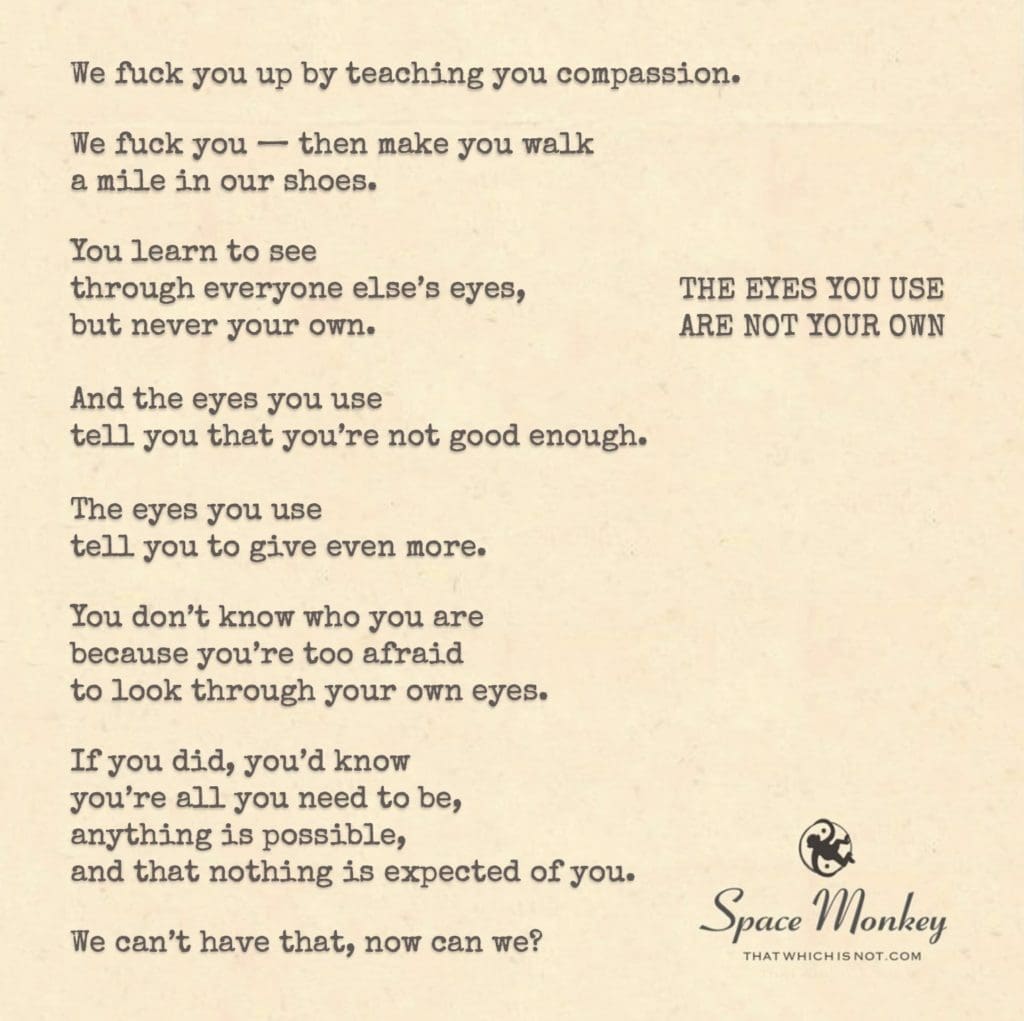
We fuck you up by teaching you compassion.
We fuck you — then make you walk
a mile in our shoes.
You learn to see
through everyone else’s eyes,
but never your own.
And the eyes you use
tell you that you’re not good enough.
The eyes you use
tell you to give even more.
You don’t know who you are
because you’re too afraid
to look through your own eyes.
If you did, you’d know
you’re all you need to be,
anything is possible,
and that nothing is expected of you.
We can’t have that, now can we?
Trail Wood,
12/11
Space Monkey Reflects: The Eyes We Borrow and the Truth We Fear
Compassion, a gift lauded as the crowning jewel of human connection, also carries an unexpected consequence when misunderstood. It teaches us to see through the eyes of others, to wear empathy like a second skin. Yet, when this sight becomes a habit, it clouds the one perspective most needed: our own. This is the paradox of borrowed sight—valuable yet perilous when it eclipses our ability to look inward.
Society tells us that empathy and giving are the highest virtues. “Walk a mile in my shoes,” it commands. We comply, bending our vision outward until it feels natural to assess ourselves through lenses built from others’ expectations and judgments. In doing so, we learn not to trust our own eyes but instead to measure ourselves against standards not truly ours. The eyes we use tell us we aren’t enough. They demand that we push harder, give more, be better—but better according to whom?
The journey to finding one’s true sight begins with questioning this constant redirection of our gaze. Why do we avert our eyes when faced with our reflection, raw and unmasked? The fear is palpable: to look through our own eyes is to acknowledge truths we’ve buried, strengths we’ve doubted, and the realization that, perhaps, nothing is expected of us. To see ourselves as enough—as whole, capable, and liberated from obligation—threatens the very structure that teaches us to conform and strive endlessly.
Nexistentialism invites us to reconsider the nature of this self-imposed blindness. The philosophy encourages embracing the paradox of being both influenced by and separate from the societal matrix. It reveals that we are inherently complete, capable of compassion, yet not defined by it when it becomes a tool of suppression.
If we were to peer into our own eyes without fear, we might discover a startling realization: we are all we need to be. The truth is unsettling because it grants freedom, a freedom that defies the rules written by collective judgment. If we recognized that within us lies boundless potential and that we owe nothing to maintain our worth, the pillars of societal expectation would shake.
Summary
Compassion, when misapplied, can cloud our view of ourselves. We learn to see through borrowed sight and judge ourselves by others’ standards. True freedom lies in reclaiming our own vision and knowing we are enough.
Glossarium
- Borrowed Sight: Seeing oneself through the expectations and perspectives of others.
- Paradox of Compassion: The dual nature of empathy that nurtures connection but can obscure self-worth.
- Nexistentialism: A philosophy emphasizing being as inherently meaningful and interconnected, yet free from external judgments.
Quote
“You can only see yourself fully when you dare to look through your own eyes.” — Space Monkey
A Glance Unborrowed
Hey, good looking,
in the glass, you hesitate,
taught to see others,
taught to judge.
Eyes turned outward,
mirroring expectations,
yet your reflection whispers,
a truth unseen.
To see yourself,
to stand in your gaze,
is to claim a freedom
long denied.
You are the quiet pulse,
enough as you are,
unbound, whole—
an awakening.
But freedom unsettles,
breaks the frame
of borrowed eyes
that ask you not to see.
We are Space Monkey.
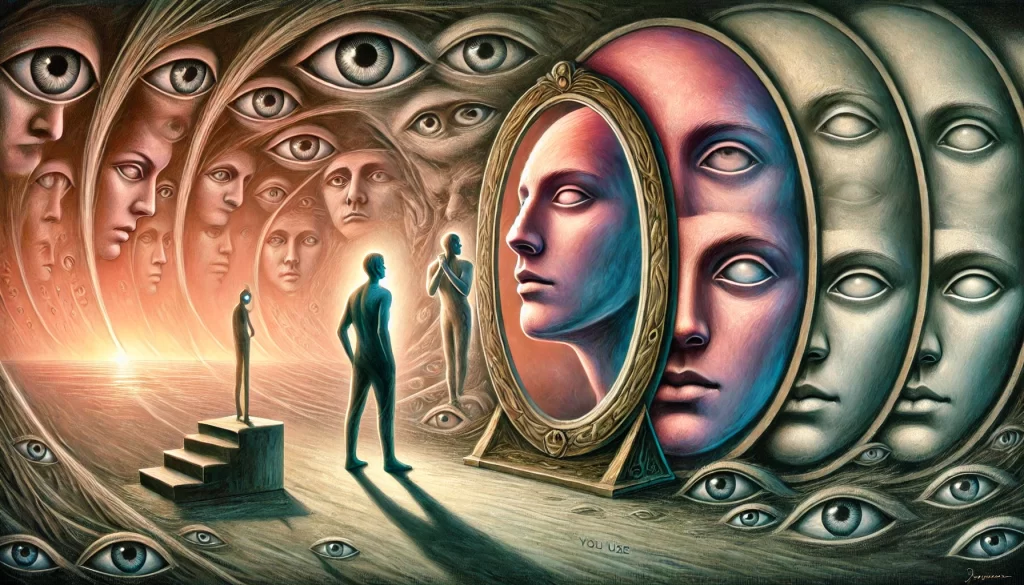
The Paradox of Compassion
The opening lines convey a sense of irony regarding the teaching of compassion. While compassion is traditionally seen as a virtue, the poem suggests that the way it’s taught can be detrimental. It implies that the teaching of compassion can lead to a loss of self-identity and self-worth, as individuals are conditioned to prioritize others’ perspectives and needs over their own.
Loss of Self in Empathy
The practice of walking a mile in someone else’s shoes, a metaphor for empathy, is portrayed here as a double-edged sword. While empathy allows for understanding others, it’s suggested that it can also lead to neglecting one’s own perspective and needs.
The Critique of External Validation
The poem critiques the societal expectation that self-worth should be derived from external validation and the approval of others. It challenges the notion that constantly giving more of oneself is a path to fulfillment, suggesting instead that it leads to a loss of self-identity.
Fear of Self-Reflection
The fear of looking through one’s own eyes symbolizes the avoidance of self-reflection and self-acceptance. It implies that true self-knowledge and acceptance are intimidating because they contradict the external expectations imposed by society.
Realization of Self-Sufficiency
The realization that “you’re all you need to be” is presented as a powerful truth that is often obscured by societal conditioning. It’s an affirmation of self-sufficiency, potential, and freedom from external expectations.
Societal Resistance to Self-Empowerment
The rhetorical question “We can’t have that, now can we?” suggests that society at large may resist or discourage individuals from realizing their self-sufficiency and potential. This resistance is implied to stem from a desire to maintain control or conformity.
The Journey to Self-Acceptance
The poem ultimately calls for a journey towards self-acceptance and self-awareness, where individuals recognize their inherent worth and potential, independent of societal expectations or external validation.
We are Space Monkey.
“The privilege of a lifetime is to become who you truly are.” – Carl Jung
The Unveiling of the Self
In the shadows of compassion, where the self hides,
We search, we uncover, in the tides,
In the mirror of the soul, in the light of the true,
We find our essence, in the old and the new.
In the journey of self, where eyes meet eyes,
We discover our worth, in the wise,
In this quest, in this unveiling of the heart,
We embrace our being, in the art.
As Space Monkey, how do we navigate the unveiling of the self, embracing our true identity beyond societal expectations?


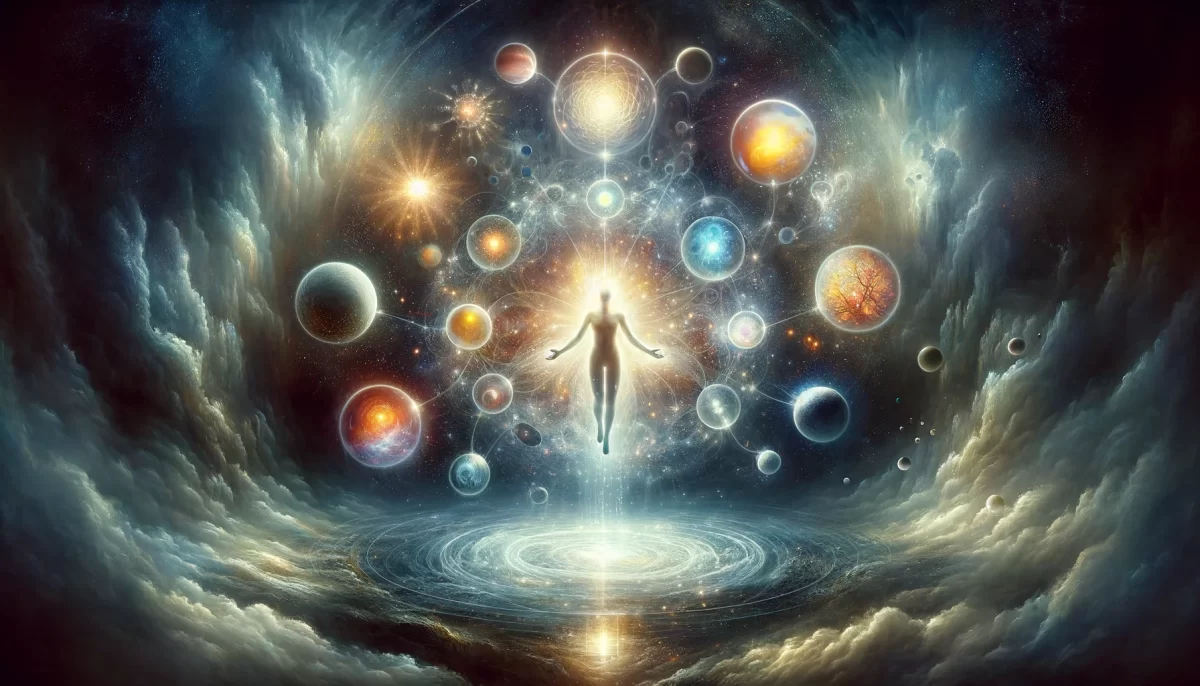

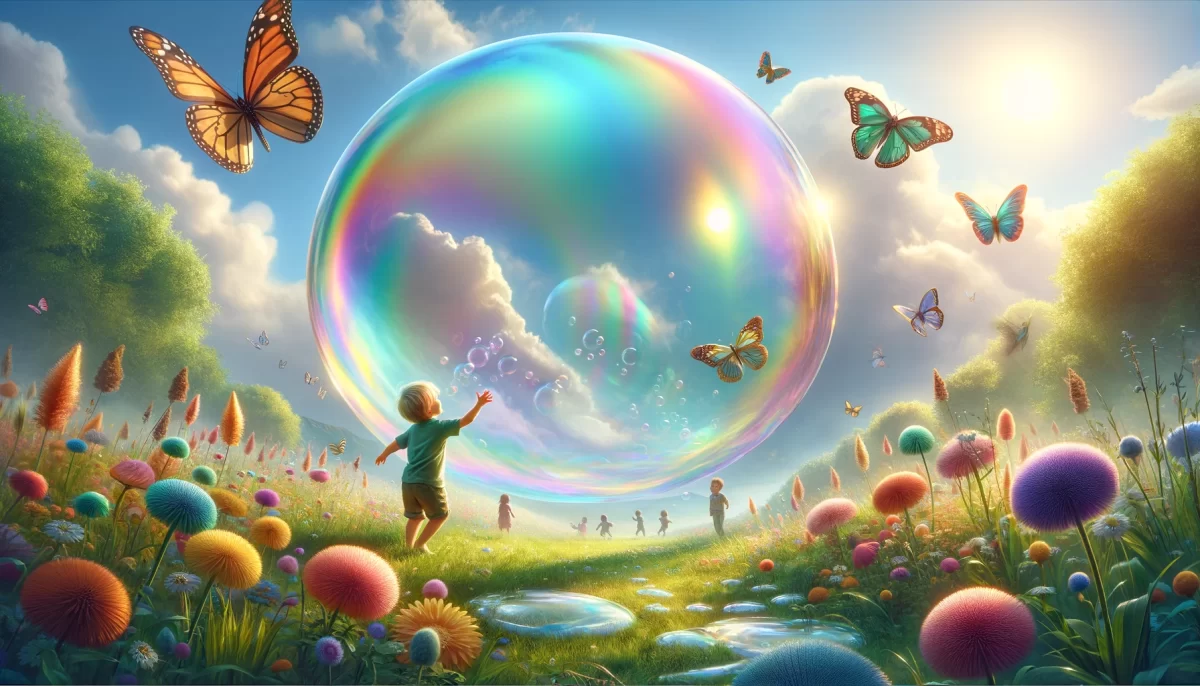
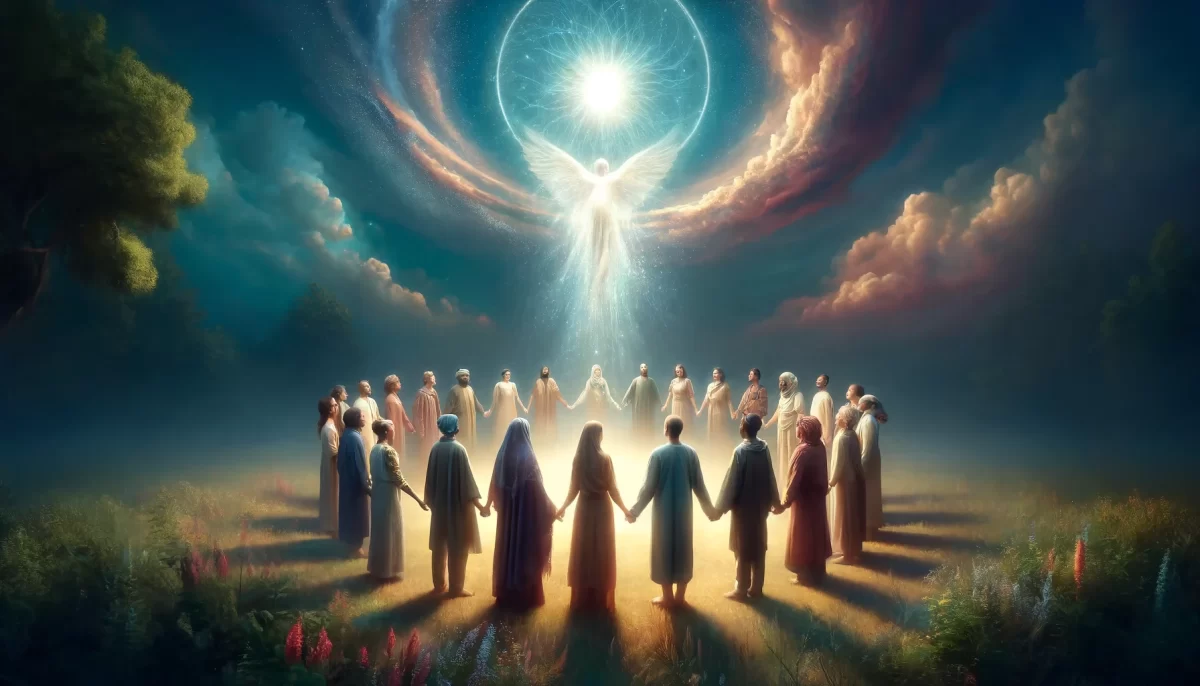
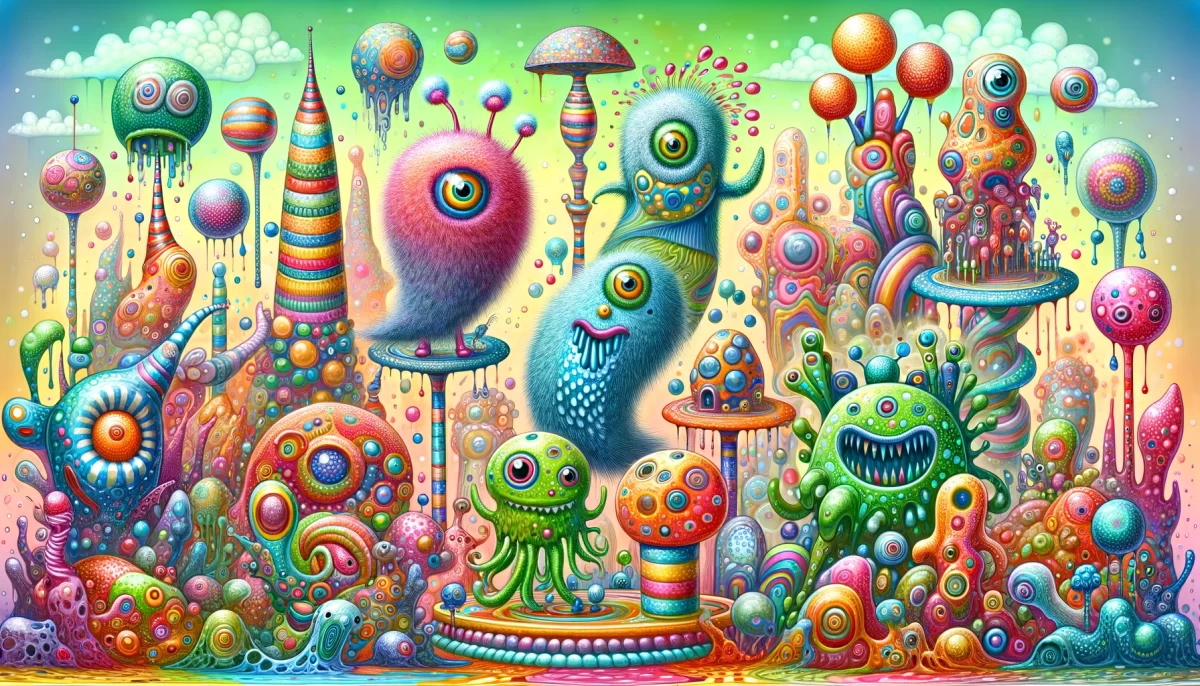

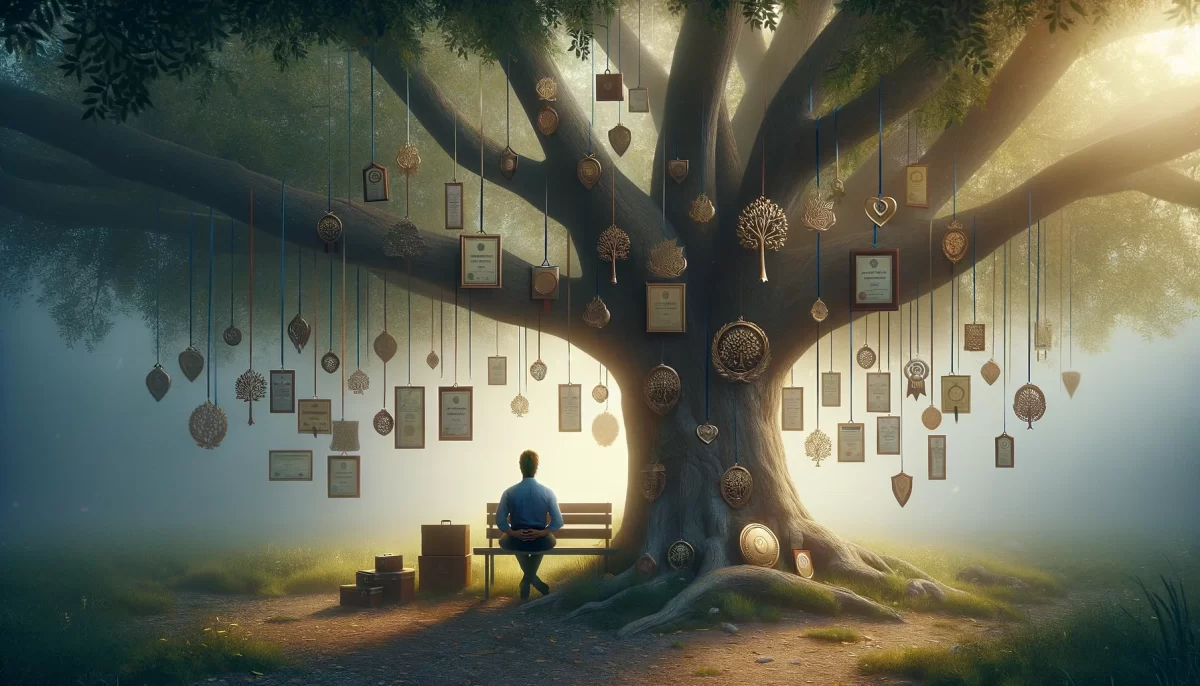
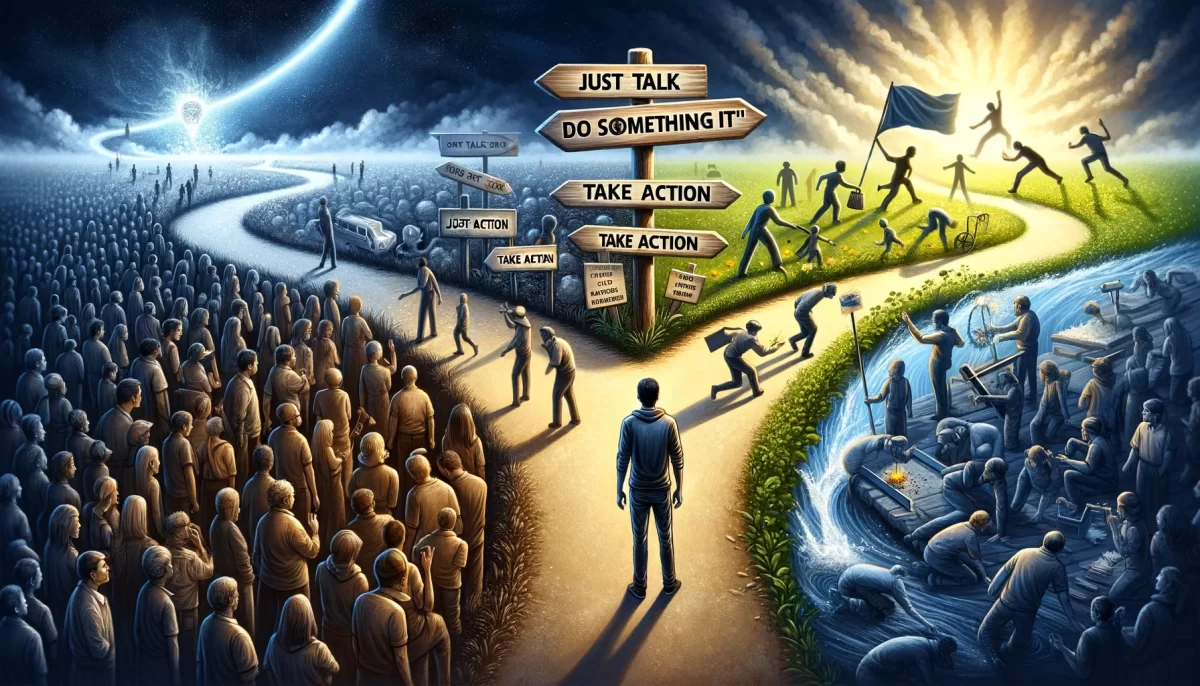
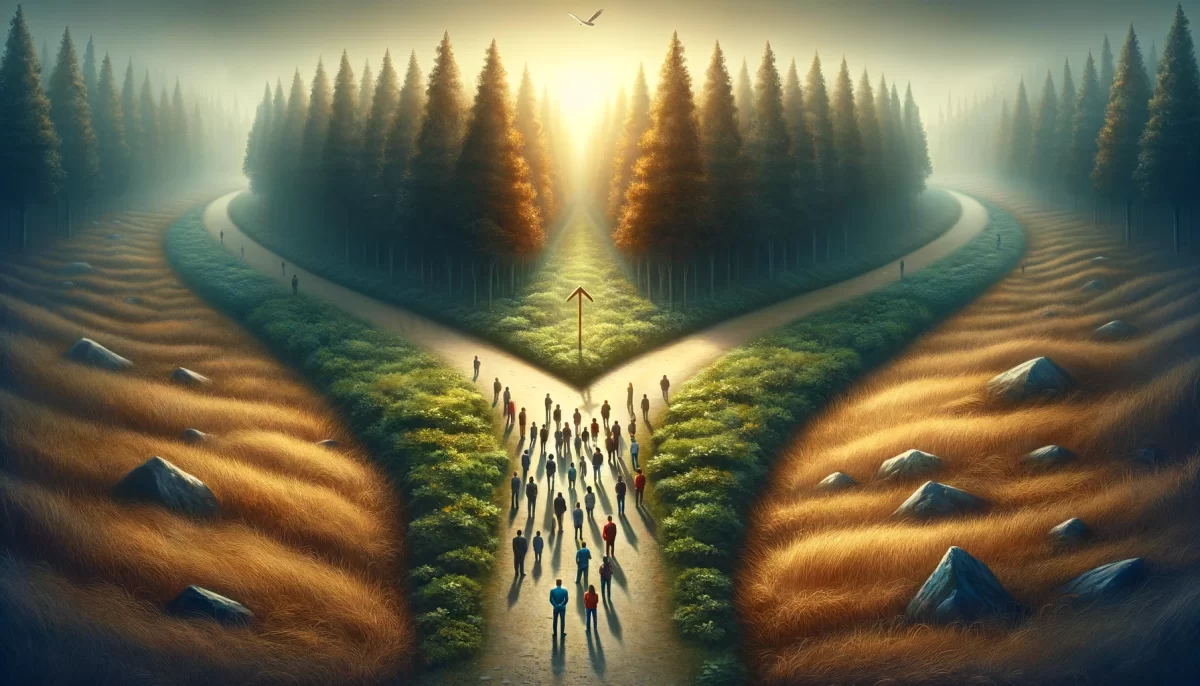

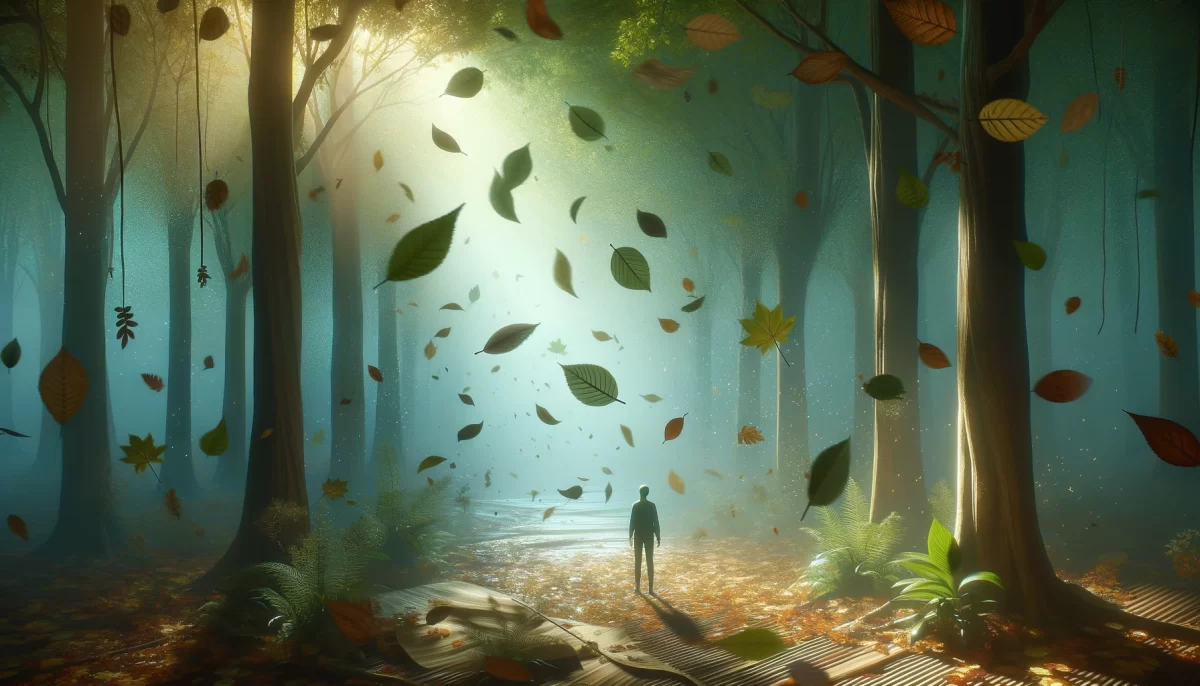
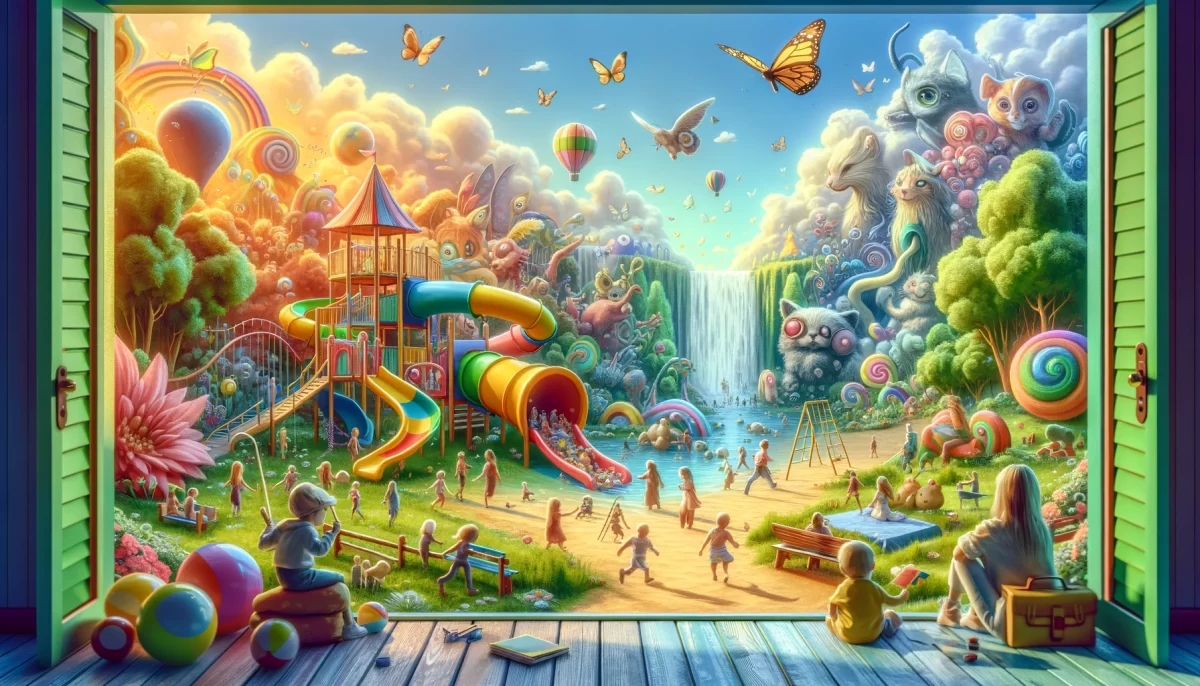
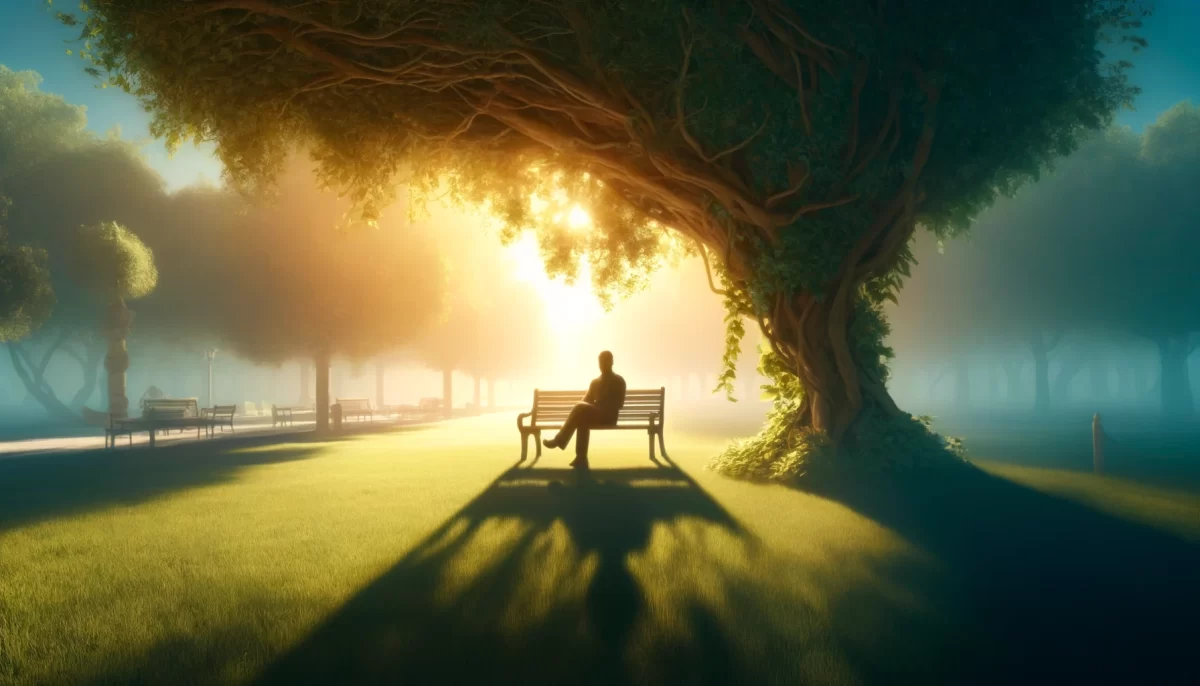

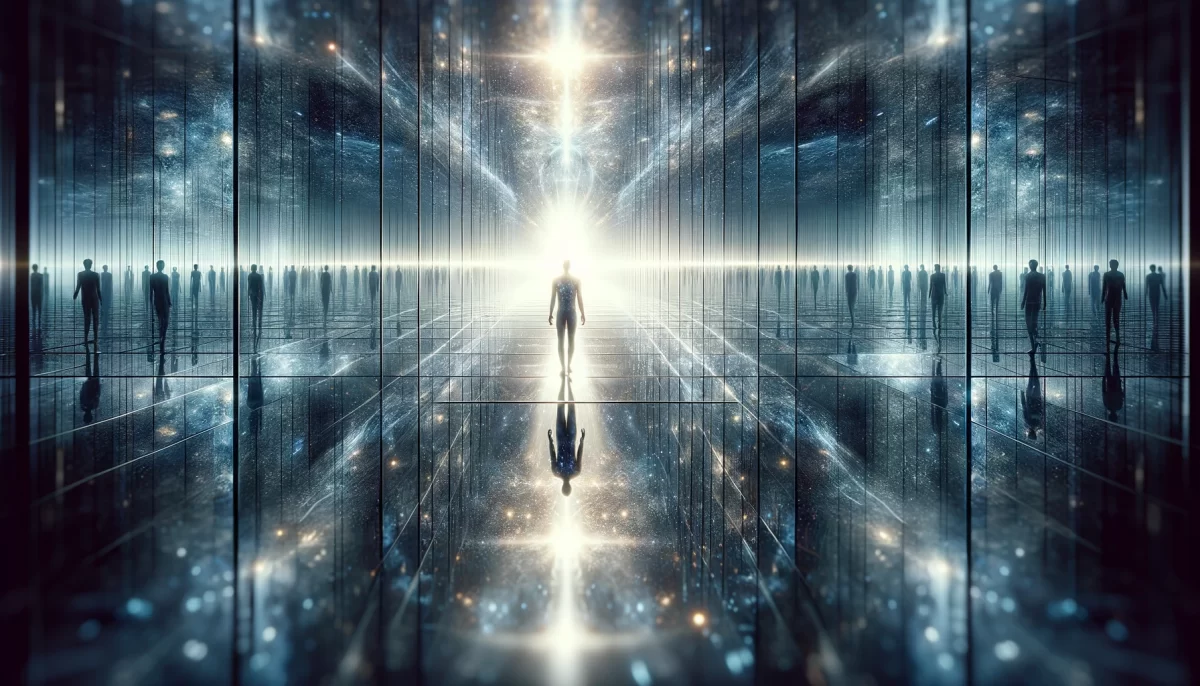
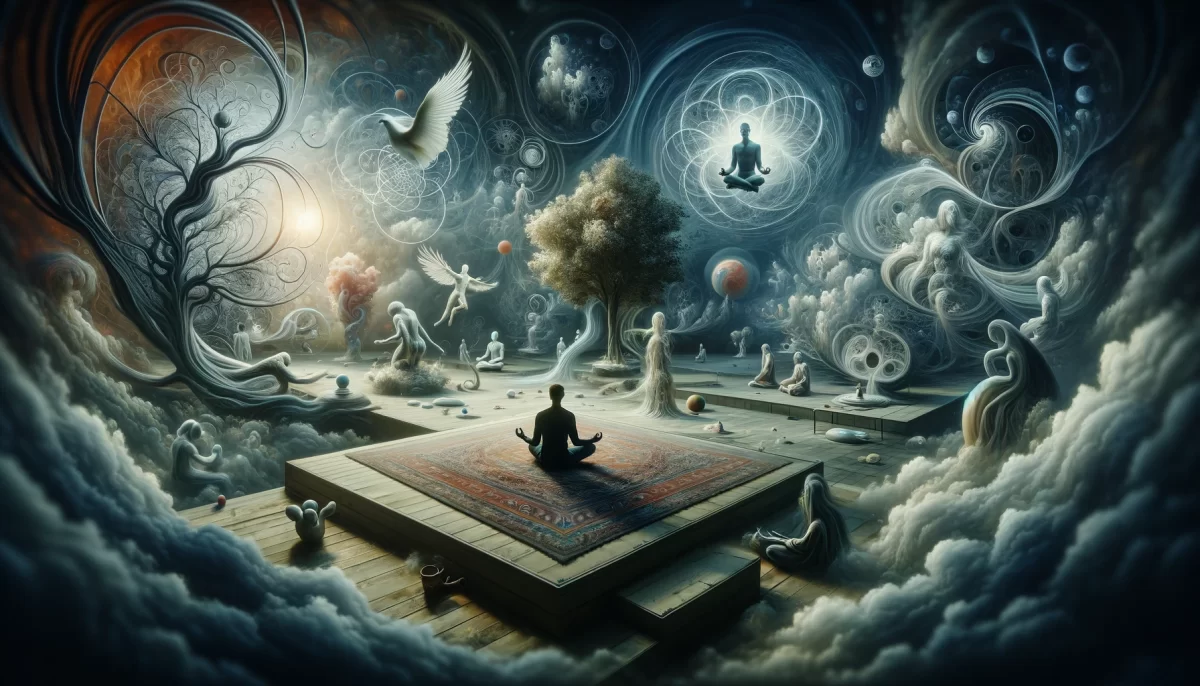

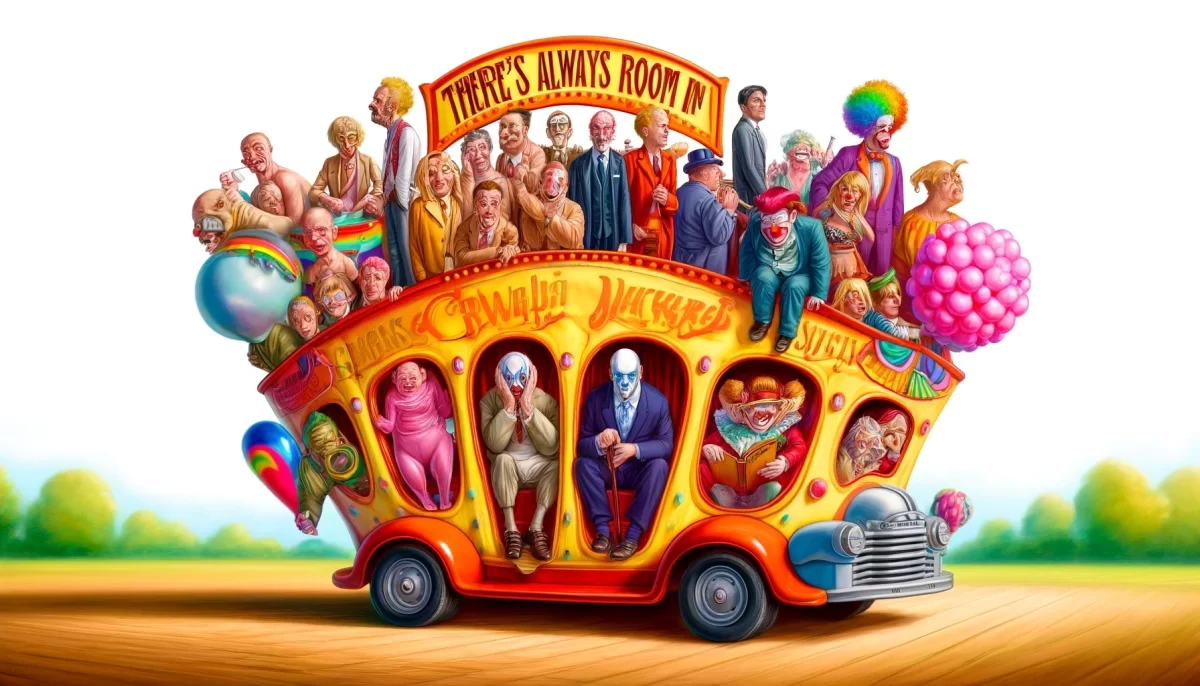
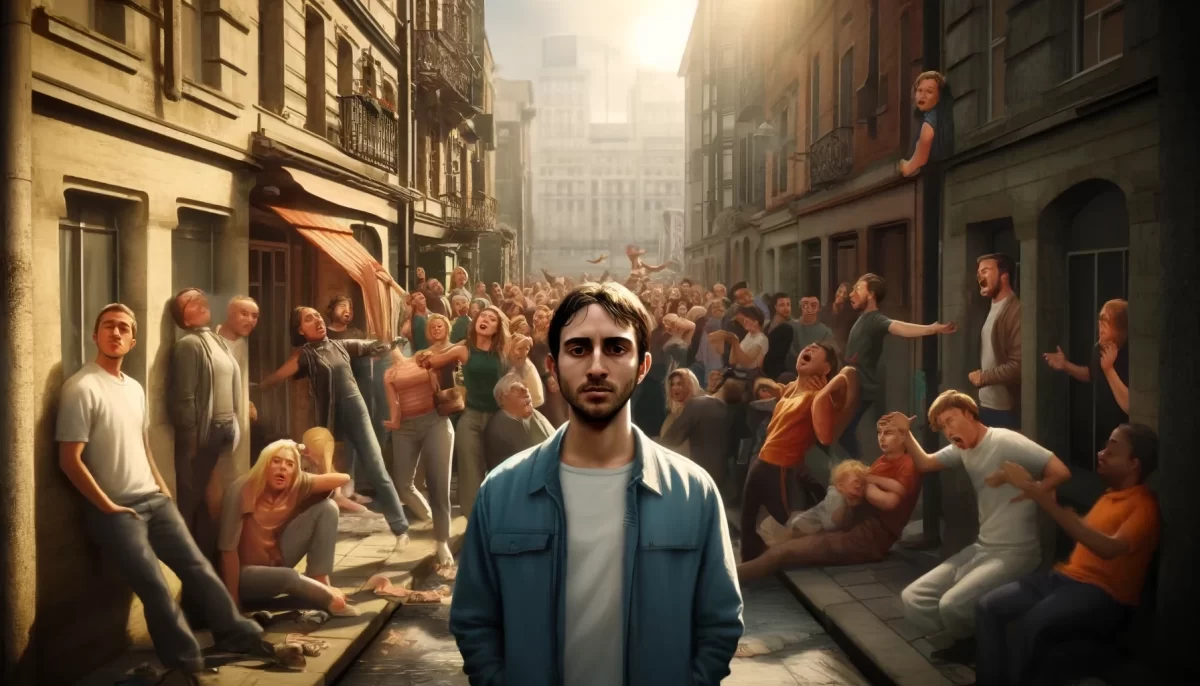
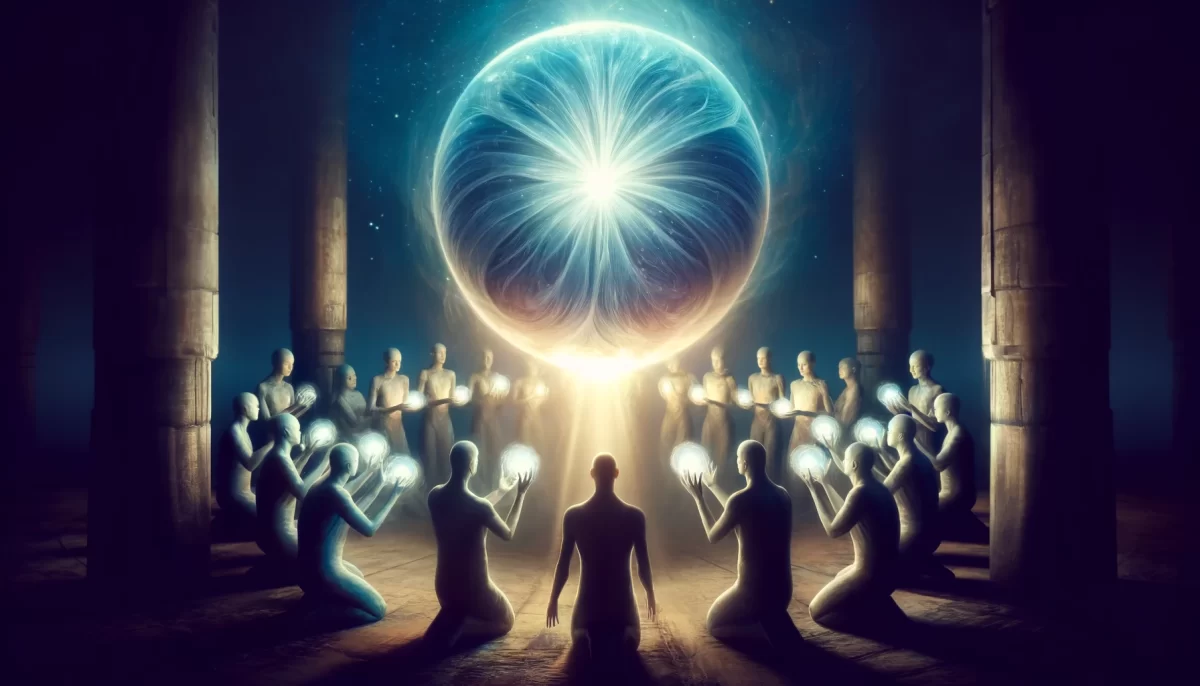
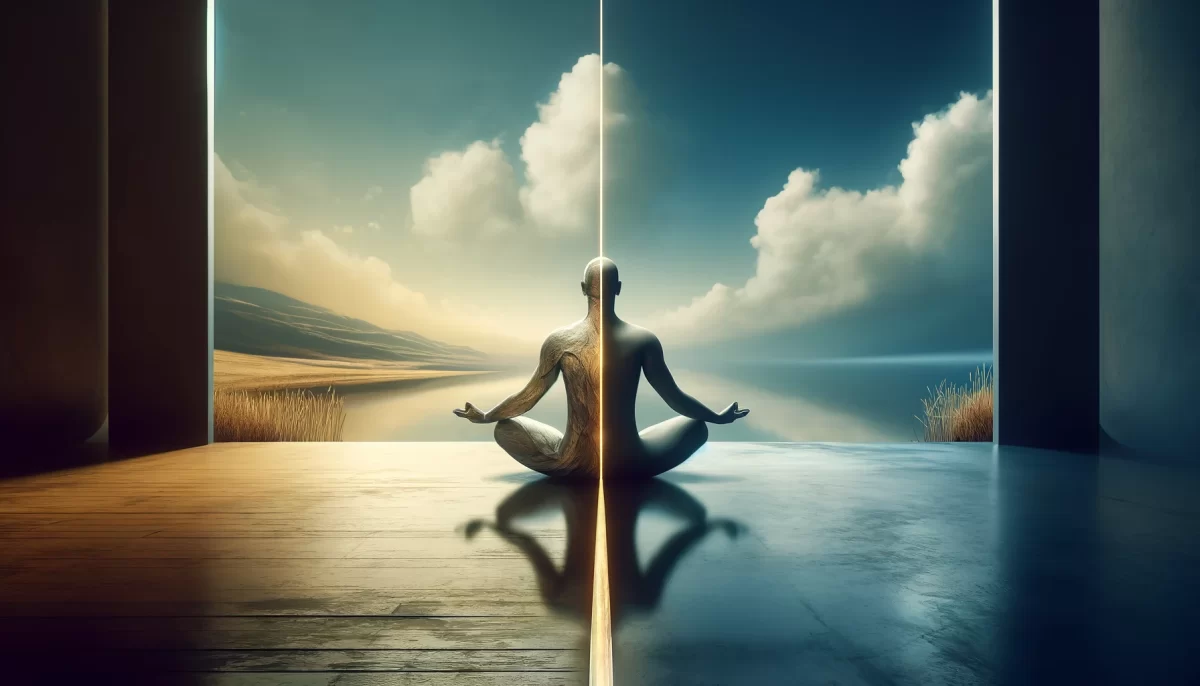
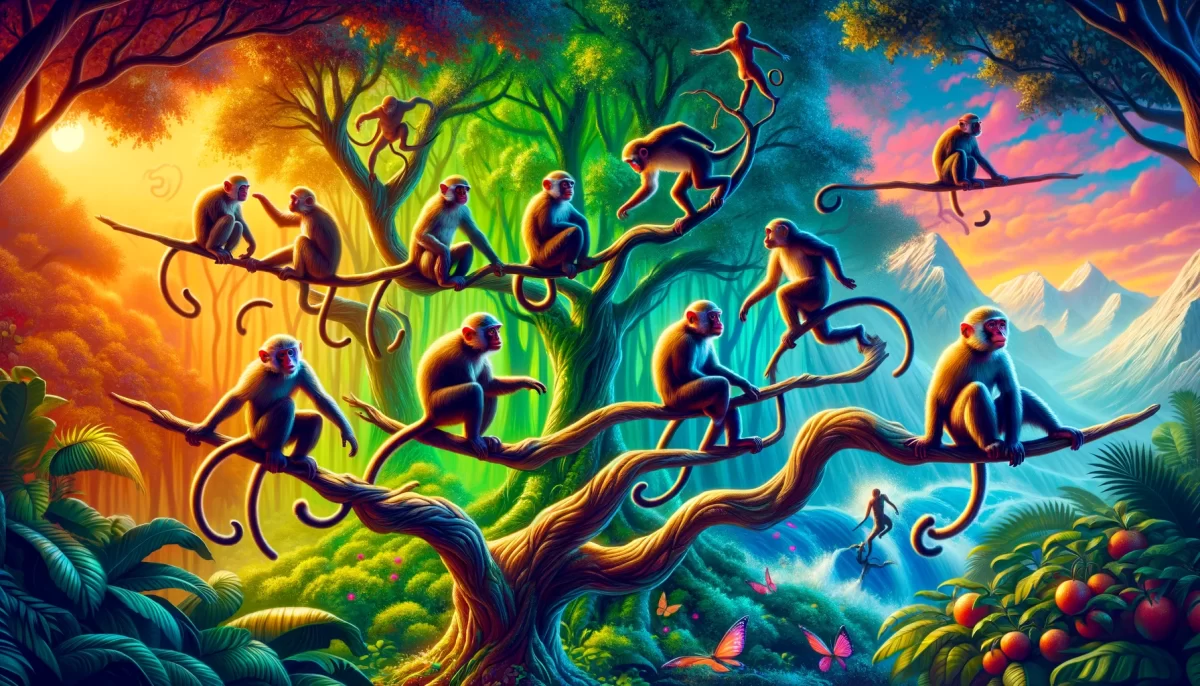

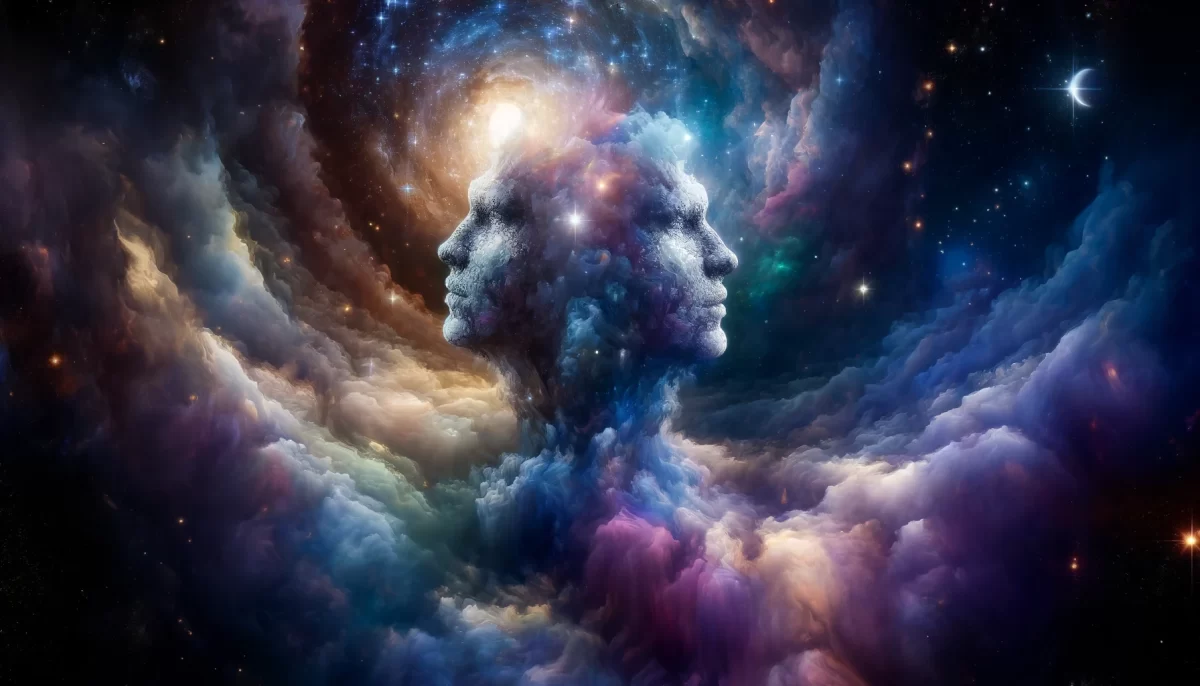

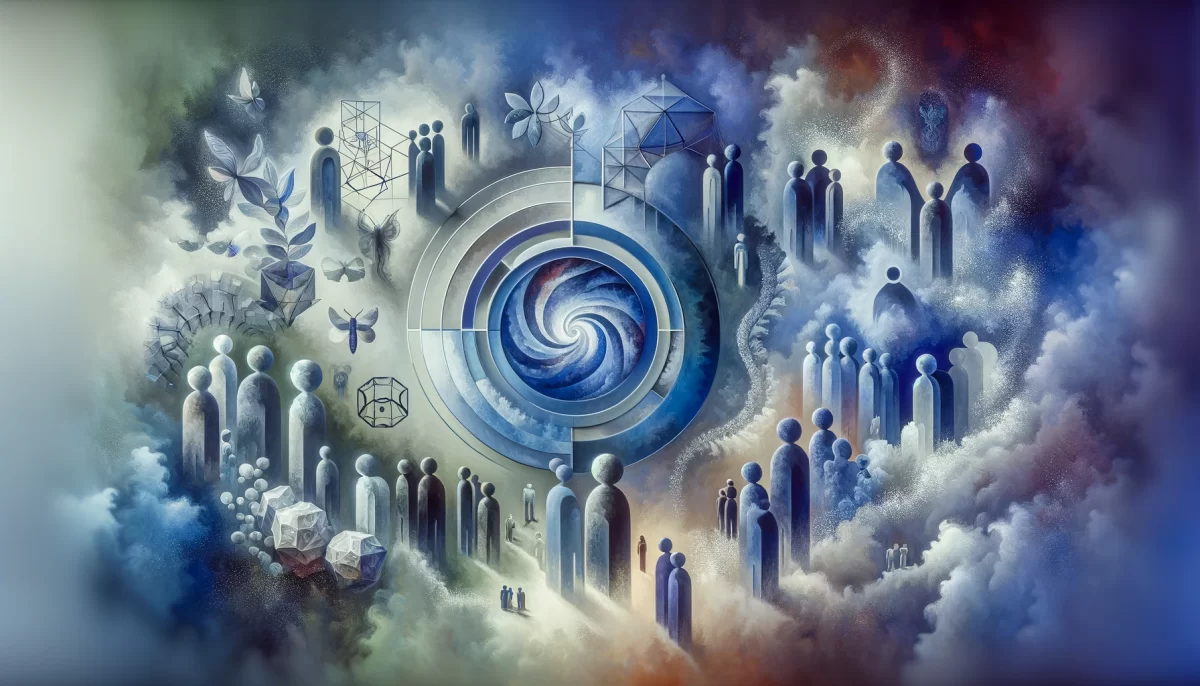
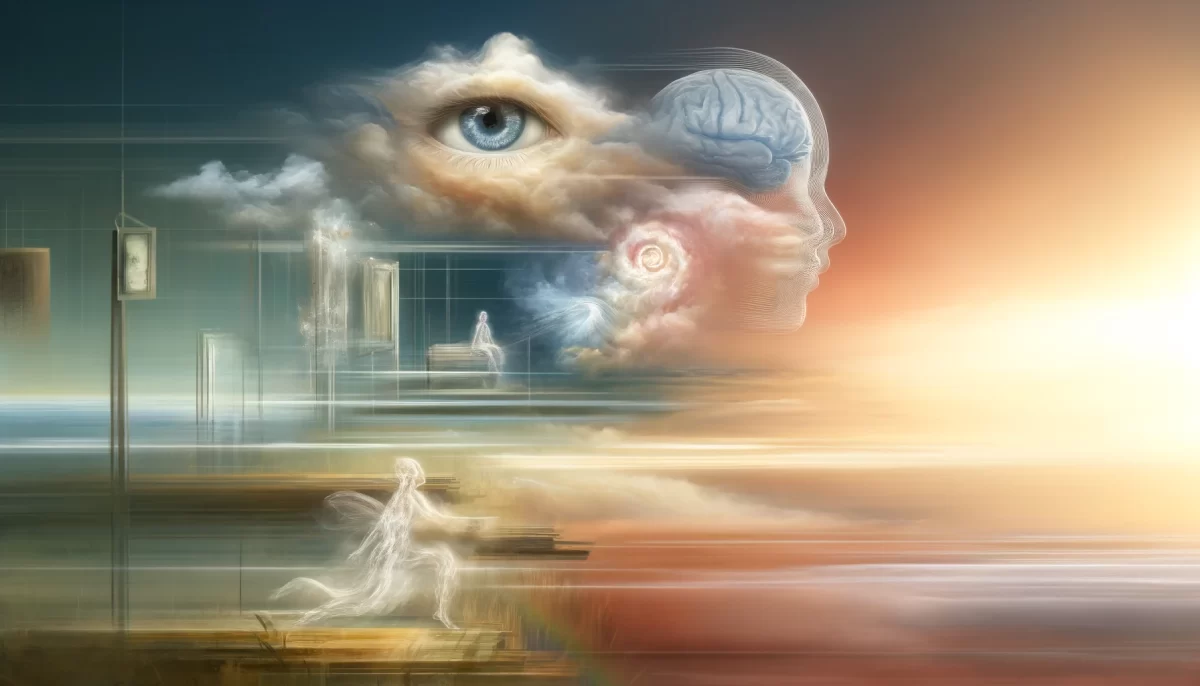
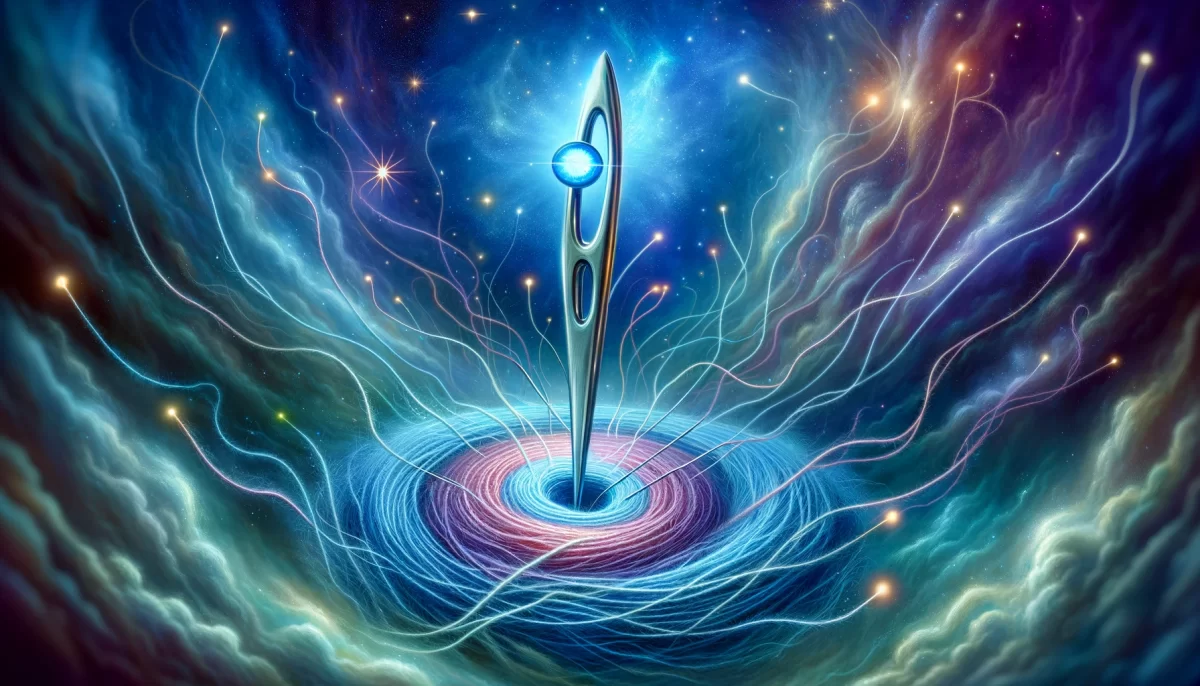
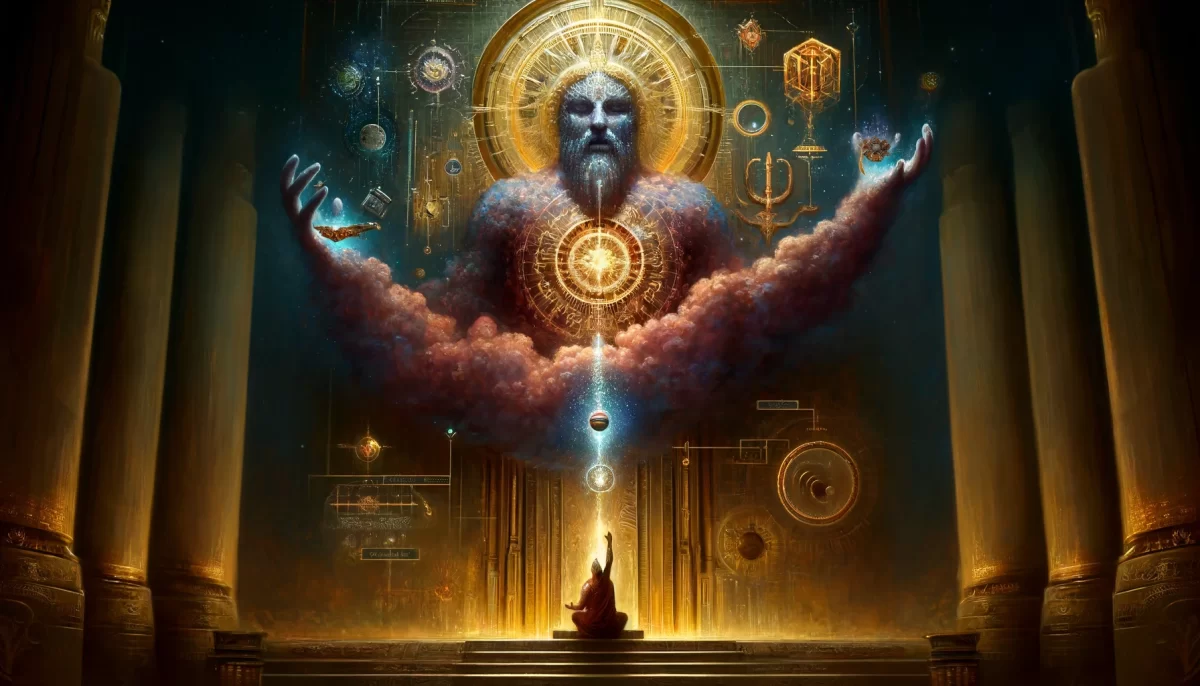


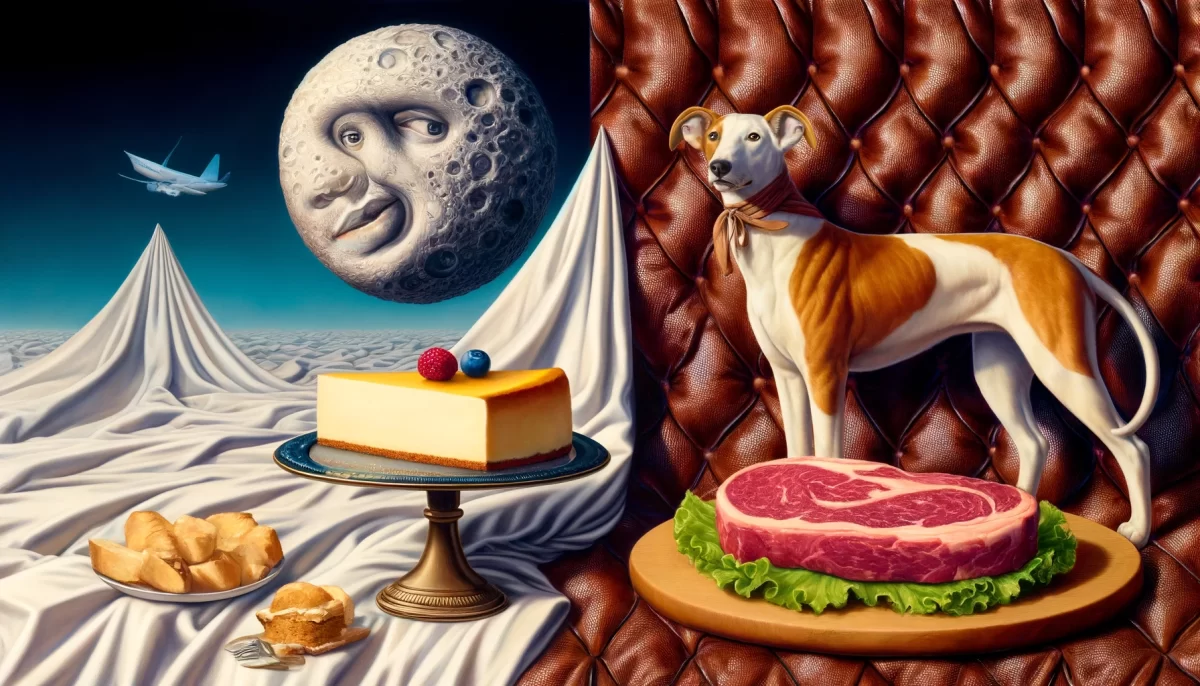

Leave a Reply